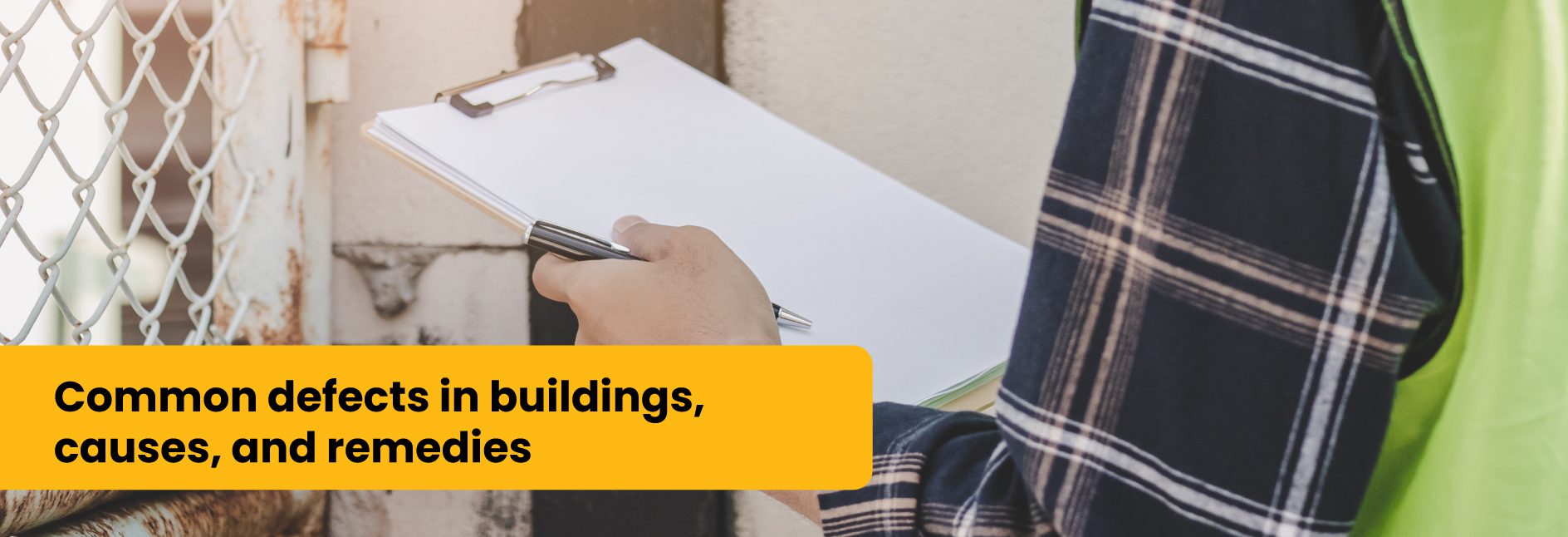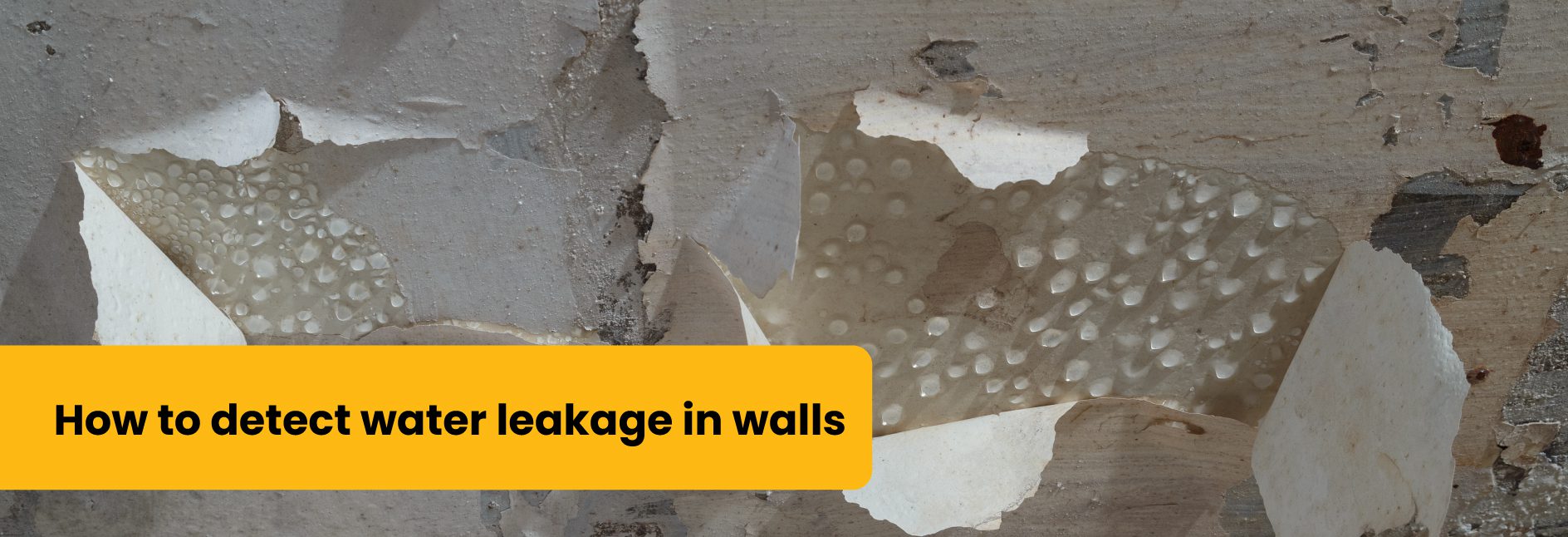Abstract
If you had the home constructed from the ground up to meet your particular requirements, you could feel that there is no need for a home inspection for new construction. Would investing time and money be a waste? Depending on how you view it, yes.
However, a new house inspection can reveal important details about its structure and offers an opportunity to avert more expensive repairs in the future. Even newly built homes can have issues. Our experts have laid down their thoughts on a new house inspection in this article. So, keep reading!!
Introduction
A brand-new house purchase is thrilling. Whether you’re a first-time buyer, buying your second or even tenth home, reaching closing feels extra wonderful after all the hours spent online browsing, attending Sunday open houses, and securing mortgage approval.
And purchasing a brand-new home? Being the first person to ever live in a house that is being constructed just for you gives you a unique sense of pride.
Is a home inspection for new construction necessary before I close, considering that new construction is new?
Without a doubt, the answer is yes.
Surprised? Here are some reasons why you should always get a home inspected before taking possession of a property, especially a new one.
What Is a Home Inspection?
A home inspection for new construction is typically conducted in conjunction with the acquisition of a specific property and focuses on a visual assessment of the property’s present state. Home inspectors are frequently competent to perform these inspections since they have the necessary education and experience.
Most people don’t realise how important it is to check freshly built homes. If you’re a buyer and uncertain about whether a home inspection for new construction is necessary if the apartment is a new build, you must proceed. The explanation is straightforward: houses must be inspected before being financed, purchased, and/or sold. Customers must comprehend why this is the case. Discover why a buyer needs an examination before purchasing a freshly constructed house by reading on.
Common Issues Found in New Homes
Although it would appear that new homes should be near-perfect, many claim that they frequently contain hidden problems. Structural issues, including foundation fractures, improper grading, and shoddy framing, are some of the frequent issues discovered during a home inspection for new construction.
Grading and drainage problems can be problematic since they may eventually result in water damage. Possible window leakage There might be problems with the HVAC system, such as faulty connections or malfunctioning thermostats.
Electrical issues, including loose grounds, missing switch plates, and improperly connected outlets, are not unheard of. Plumbing problems, including leaks, faulty piping, inverted hot/cold faucets, and more, are also unacceptable.
Inspectors claim that they frequently discover unfinished constructions. These might include anything like missing insulation, handrails, partially built fixtures, or even hardware.
6 Reasons to Choose Home Inspection for a New Construction
Brings Out Potential Issues
Once a home is built and/or delivered to the lot, many issues may arise. Most customers are unaware of many of the possible problems that can arise at this time and frequently necessitate expensive upkeep and repairs.
Identifies Weak Spots & Systems
Inspection of new construction is crucial for spotting weak points in systems and locations where upgrades or repairs may be required. This inspection will also let you know if it prevents your new home’s development from going as planned. These difficulties can make it difficult to maintain a property, and if they are not fixed, the total life of the property may be shortened.
Brings in Peace of Mind
Home inspectors can reassure purchasers about the security of a new house and are skilled at inspecting a variety of constructions. They constantly conduct inspections on new construction and can spot issues before they become a problem. The home inspector would provide advice and information on repairs and modifications if an issue was found during the inspection that required immediate care.
Brings Structural Defects into Attention
Numerous issues are discovered during a home inspection for new construction that may not be obvious to the naked eye. A home assessment finds underlying structural problems. It draws attention to foundation issues in these situations. Finding information about the fundamental integrity of the structural components of your home is crucial.
This examination enables you to determine whether there is a chance that your home will require remodelling and repair at the moment or shortly. It highlights issues that, while seemingly insignificant to an individual, may end up costing you much over time.
Reveals Water Leakage & Seepage Issues
The results of a home inspection for new construction might disclose whether there are seepage and leakage problems. You can handle water damage and associated problems on the property as part of routine maintenance if you are aware of them. Any water damage or leaks that require quick treatment are discovered during the house inspection. If any of these problems continue, purchasers may move right away and choose waterproofing solutions.
How Many Inspections Do You Need?
It is advisable to have the property inspected twice or three times. Three kinds are suggested and are quite popular.
The Foundation Inspection
Just before the foundation is poured, there is a foundation inspection, or “pre-pour.” It guarantees that the site has been properly dug, graded, and equipped with anchors and footings that are spaced apart and in place. Everything is in place for a solid, long-lasting house. Before pouring the foundation, the builder might make changes—after which there is frequently no turning back.
The Framing Inspection
After the frame is constructed, there is an examination known as a “pre-drywall/sheetrock” inspection. The walls and sheetrock haven’t been built yet, but the roof is up, and the windows are in. The inspector can confirm the proper installation of the studs, posts, beams, and other structural elements. They can examine concerns that will later be concealed behind walls, such as the wiring, plumbing, window flashing, and other items. If any issues arise, your builder can fix them before continuing the job.
The Final Inspection
Similar to any other resale property, you would undergo a third and final inspection on new construction. It makes sure the house is secure. It has been completed by regional construction codes. Before closing, your builder should also make any repairs that your inspector identifies at this stage.
Conclusion
A home inspection for new construction is essential, regardless of whether you are a first-time home buyer or an experienced homeowner. Inspectors can spot trouble spots before they develop into bigger problems. They can also offer suggestions for dealing with lesser issues that you might be unable to resolve on your own.
Finding out why prospective buyers of freshly constructed homes require an inspection may help you avoid issues before they become larger ones—making the essential decision to buy a property that has undergone a professional building inspection can result in considerable financial savings for future homeowners. If you are searching for “new home inspectors near me”, check out PropCheck for new home inspection services.
Frequently Asked Questions
What is an official inspection of suggested new construction?
Here is a glance at what they will inspect:
- Exterior: Siding, Windows, Grading, Driveways, Walkways
- Interior: Walls, Floors, Ceilings, Cabinets
- Plumbing: Drains, Supply, Water Heater
- Air Conditioning: Ductwork, Air Handler, A/C.
- Electrical: Wiring, Electrical Panels, Outlets
- Kitchens: Sinks, Appliances
- Bathrooms: Tubs, Sinks, Showers, Vents
What is done during a site inspection?
Site inspections are a series of routine procedures to examine and confirm the on-field observance of safety standards, working conditions, and other crucial work site elements. The traditional ways of conducting field visits using a paper and pen checklist are used to conduct and carry out the site inspection.
They are finally compiled and processed into information over a few days, and a final report is then released. A lot of time and effort is put forward to do the same. Over time, non-compliances are discovered, leading to the implementation of more measures.
What are the various inspections that you would be carrying out in construction?
- Structural problems
- Electrical systems problems
- Plumbing problems
- Water problems
- Heating or cooling systems problems
- Insect and pest problems
- Woodwork problems
- Appliances and furniture problems
What are the phases of inspection?
- The foundation inspection
- The framing inspection
- The final inspection





